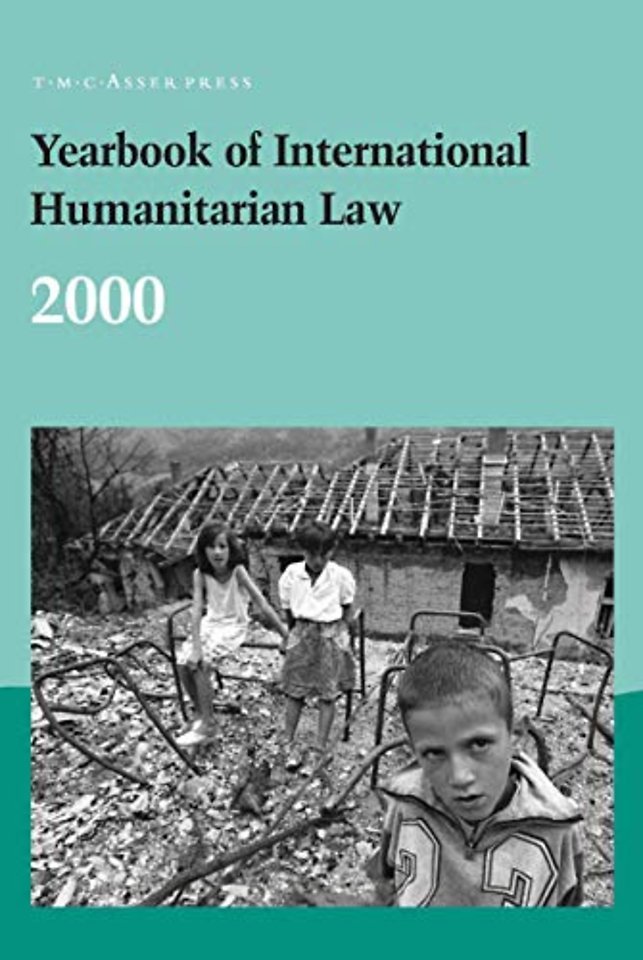Yearbook of International Humanitarian Law:2000
Samenvatting
Milestones, particularly those as special as the twin-birth of a new century and millenium,lendthemselvestorhapsodyandtheurgetosaysomethingpositiveand forward-looking. The Yearbook is not merely succumbing to this tendency, however, when it observes that, in some important respects, 2000 proved itself an auspiciousopening. Therewasaflurryofactivityamongstatestoimplementint- national humanitarian law (IHL), most of it a consequence of states ratifying the several humanitarian law treaties that were concluded in the late-Nineties. States are starting to indicate that they are taking humanitarian law, and parti- larlyitspenalprovisions,moreseriouslythanhitherto. Agrowingnumberofstates are amending their penal codes (or examining the need to do so) to criminalise 3 serious breaches of humanitarian law. A major incentive is the need for states wishingtoenterintotheInternationalCriminalCourt(ICC)regime,andtotakefull advantage of the principle of complementarity, to adjust their national law to the requirements of the Rome Statute. This can be a one, two or several step process, and the legal and constitutional obstacles and challenges vary widely from state to state. Particularly encouraging are early signs that some states have been prepared togobeyondthesubstantivelawaslaiddownintheStatuteto,forinstance,provide 4 broader definitions of crimes. Ratification and implementation of the ICC Statute presents a unique opportunity for states to contribute to the progressive develop- 5 mentofcustomaryinternationalcriminallaw. Giventhefactthatratificationofthe Statute has been proceeding apace, and that it is expected to come into force in 2002, much more activity in this sphere can be expected in the next few years. We may then see the emergence of layers or parallel systems of criminal enforcement of humanitarian law: by ad hoc international courts, the ICC and by states.
Specificaties
Inhoudsopgave
Net verschenen
Rubrieken
- aanbestedingsrecht
- aansprakelijkheids- en verzekeringsrecht
- accountancy
- algemeen juridisch
- arbeidsrecht
- bank- en effectenrecht
- bestuursrecht
- bouwrecht
- burgerlijk recht en procesrecht
- europees-internationaal recht
- fiscaal recht
- gezondheidsrecht
- insolventierecht
- intellectuele eigendom en ict-recht
- management
- mens en maatschappij
- milieu- en omgevingsrecht
- notarieel recht
- ondernemingsrecht
- pensioenrecht
- personen- en familierecht
- sociale zekerheidsrecht
- staatsrecht
- strafrecht en criminologie
- vastgoed- en huurrecht
- vreemdelingenrecht

